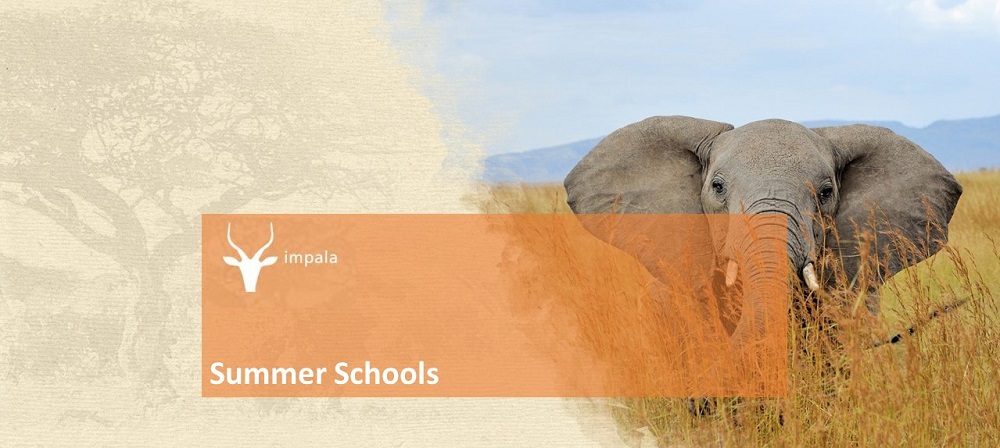The Global Leadership Summit (GLS) brings together students and staff from the University of the Free State (UFS) and partner universities from different continents to discuss developments in leadership and social justice in higher education. Initiated as part of a UFS institutional transformation project in 2010, GLS emerged from the Leadership for Change Programme, which focussed on empowering students to activate social change and develop leadership on global issues.
GLS deals with issues of citizenship, race, education, globalization, gender, change agents, social justice and reconciliation. It provides an opportunity to learn and experience issues from a UFS and South African perspective and to learn from the experience of the partner universities.
Objectives
GLS is a collaborative learning event where thinkers, students and staff from Africa, the EU, Asia and the USA can explore the meaning of social justice and social inclusion in higher education and society. It is a platform for discussing the development of new programmes, projects and research areas in the field of comparative global leadership. The development of competencies related to global intercultural understanding also receives attention, enabling to view issues from various perspectives and to approach social challenges with insight and appreciation, spanning cultural, historical, religious, linguistic and political angles.
Programme Content and Format: Developing global youth leaders for an increasingly complex world
The 2018 theme is Comparative Global Leadership: Social Inclusion, Social Justice and covers human value, gender, intersectionality and diversity, critical leadership, engaged scholarship, reconciliation and transformation, decoloniality, the arts and social justice. The programme includes presentations, panel and roundtable discussions, theatre productions and films, student engagements and excursions.
The duration is nine days (7–15 July 2018).
Audience – Teaching staff and recruitment
Being a collaborative summer school implemented by a group of international partners, recruitment is driven by the network of universities involved.
Each partner institution is invited to send five participants: one or two faculty members and three or four students. Students should ideally be in their second or third year of study. Each partner selects its delegation, preferably with a good ratio of males to females and including minority students. Students and staff are invited to prepare abstracts for presentations and sessions.
Selection criteria are students’ motivation, academic relevance, English language proficiency and sustainability.
A total of 17 universities are sending staff and students to GLS 2018: 8 from South Africa and SADC countries, 4 from Europe, 3 from the USA and 2 from Asia.
Financial aspects
Each participant pays a contribution of ZAR 1500 and makes their own transport arrangements to/from Bloemfontein. All local expenses, including transportation, accommodation on campus, breakfasts and lunches are covered by UFS.
Logistics
All activities take place at the UFS premises.
Stakeholders at the University of the Free State
GLS is a collaborative project of the UFS Department of Student Affairs, Office for International Affairs and the Institute for Reconciliation and Social Justice.
Programme benefits
GLS has been held every three years since 2012. The impact of the programme on human transformation is substantial.
Exposing students to positive models of social integration facilitates the process of change. It supports the enrichment of young leaders who are committed to building an integrated community beyond their university years. The benefits of the experiences have been confirmed by every group. The students grow into several mentoring roles: from guiding first-years during orientation programmes to acting as coaches in well-being and academic peer-advising programmes. They serve on committees of student associations, are members of student management committees in residences, and have been elected to student councils. Participants are frequently at the forefront in campus-community service programmes and responsible for initiating dialogue and leadership development programmes on campus, in residences, and in student life in general.


